Animal Agriculture: What Lies Behind the Closed Doors
Create all the happiness you are able to create; remove all the misery you are able to remove. Every day will allow you – will invite you to add something to the pleasure of others – or to diminish something of their pains.
– Jeremy Bentham
Industrial productions
During the last 200 years, industrial productions methods became the mainstay of agriculture. The Industrial Revolution yielded an unprecedented combination of cheap and abundant energy and cheap and abundant raw materials. Around that time, farm animals stopped being viewed as living creatures that could feel pain and distress, and instead came to be treated as machines. Today these animals are often mass-produced in factory-like facilities, their bodies shaped in accordance with industrial needs.
They pass their entire lives as cogs in a giant production line. The length and quality of their existence is determined by the profits and losses of business corporations. Yes, this industry does take care to keep them alive, reasonably healthy and well fed. But somehow there is no intrinsic interest in the animal's social and psychological needs, except when these have a direct impact on production.
Egg-laying hens

Egg-laying hens, for example, have a complex world of behavioral needs and drives. They feel strong urges to scout their environment, forage and peck around, build nests and groom themselves. But what egg industry does? The egg industry often locks the hens inside tiny coops, and it is not uncommon for it to squeeze four hens to a cage, each given a floor space of about twenty-five (25) by twenty-two (22) centimetres. The hens receive sufficient food, but they are unable to claim a territory, build a nest or engage in other natural activities. Indeed. the cage is so small that hens are often unable even to flap their wings or stand fully erect.
Chicks

Have you heard about the fate of 'chicks on a conveyor belt in commercial hatchery'? (You may Google this yourself cause it breaks my heart even to see, to place it in this article, I rather not). Male chicks and imperfect female chicks are picked off the conveyor belt and are then asphyxiated (deprive their oxygen and prevent from breathing, in other word, suffocate them) in gas chambers, dropped into automatic shredders, or simply thrown into the rubbish, where they are crushed to death. Hundreds of millions of chicks die each year in such hatcheries.
Pigs

Pigs are among the most intelligent and inquisitive of mammals, second perhaps only to the great apes. Yet industrialised pig farms routinely confine nursing sows inside such small crates that they are literally unable to turn around, not to mention walk or forage. The sows are kept in these crates day and night for four weeks after giving birth. Their offspring are then taken away to be fattened up and the sows are impregnated with the next litter of piglets.
Cows, bulls and calves
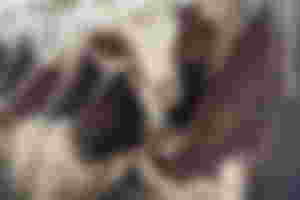
Many diary cows live almost all their allotted years inside a small enclosure; standing, sitting and sleeping in their own urine and excrement. They receive their measure of food, hormones and medications from one set of machines, and get milked every few hours by another set of machines. The cow in the middle is treated as little more than a mouth that takes in raw materials and an udder that produces a commodity. Treating living creatures possessing complex emotional worlds as if they were machines is likely to cause them not only physical discomfort, but also much social stress and psychological frustration.

Cows and bulls, in order to learn the necessary skills, evolution implanted in calves - as in the young of all other social mammals - a strong desire to play (playing is the mammalian way of learning social behaviour). And it implanted in them an even stronger desire to bond with their mothers, whose milk and care were essential for survival. But what cow industry does? The cow industry takes a young calf, separate her from her mother, put her in a closed cage, give her food, water and inoculations against diseases, and then when she is old enough, inseminate her with bull sperm.
The heartbreaking moment a mother cow chases after her calves
Most people who consume eggs, milk and meat rarely stop to think about the fate of the chickens, cows or pigs whose flesh and emissions they are eating. Those who do think often argue that such animals are really little different from machines, devoid the sensations and emotions, incapable of suffering. Ironically, the same scientific disciplines which shape our milk machines and eggs machines have lately demonstrate beyond reasonable doubt that mammals and birds have a complex sensory and emotional make-up. They are not only feel physical pain, but can also suffer from emotional distress.
Conclusion
I understand that it is not going to be an easy journey for people who are raised and fed with eggs, meats, and milk throughout their lifetime to suddenly change their eating-behaviour. But, for how long are you willing to keep your eyes closed and your heart sealed after knowing how unethical our animal agriculture industry is.
I also understand how this giant industry with its lobbying power and media infiltrates consumers' 'head' through their marketing and propaganda since our childhood, claiming that 'milk is the best source of calcium for bone health', for example while many studies now are showing the opposite (did you know that the United States has one of the highest intakes of calcium – yet also has one of the highest rates of osteoporosis?). Without mentioning that dairy milk is full of hormones (both growth hormones they inject the cow with and the natural existing hormones -Estrogen- that causes all sorts of imbalances to our endocrine system, also the excessive and misuse of antibiotics in the treatment and feeding additives of food animals for many years leads to resistance of some bacteria in the animals and the environment which turns our antibiotics useless against these bacteria when it infects humans. Nowadays, it is becoming a global threat, a leading cause of death around the world and at some point it will make all the antibiotics obsolete (useless).
Our dearly parents adopted these eating habit into their family's dining table with a pure faith that they are feeding the kids with good nutrition just like what the commercial advertisements told them. To note that this is not a blame-game, this is the least we can do as human; spread awareness and knowledge so we can be the parents who stop this cycle, choosing more ethical and healthier options of nutrition to feed our beloved kids, to choose compassion over cruelty.
Educating the mind without educating the heart is no education at all.
– Aristotle
Reference:
1) Yuval N.H. (2011). Sapiens: A Brief History of Humankind. Vintage.
2) Özdikmenli T, Seda Demirel Z, Nükhet N. (2018). Antibiotic-resistant bacteria in milk and some dairy products.
About author:

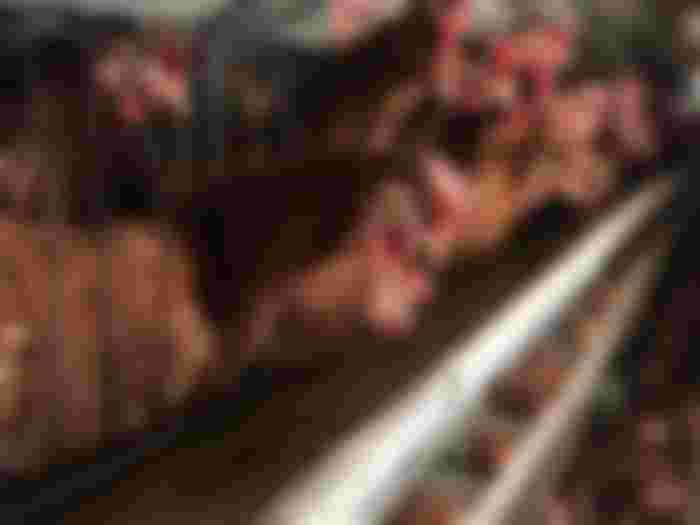
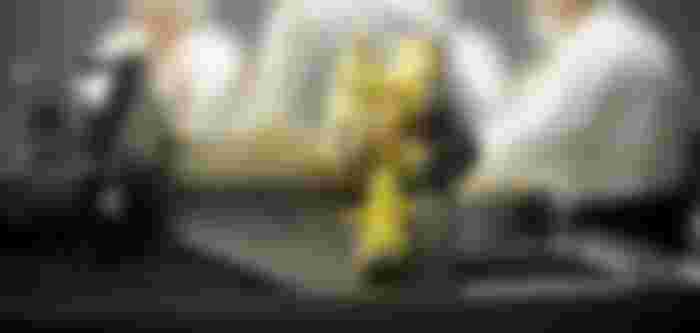
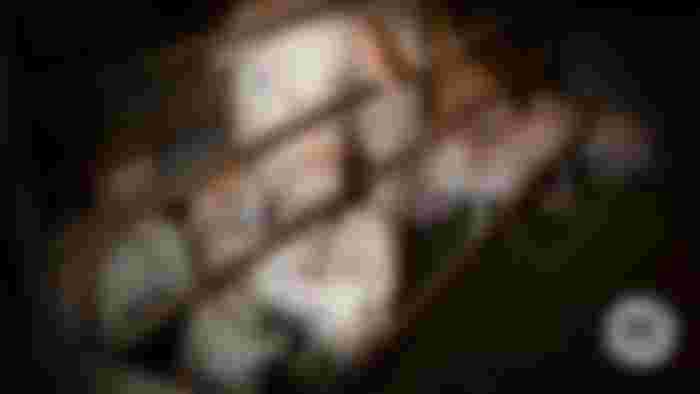
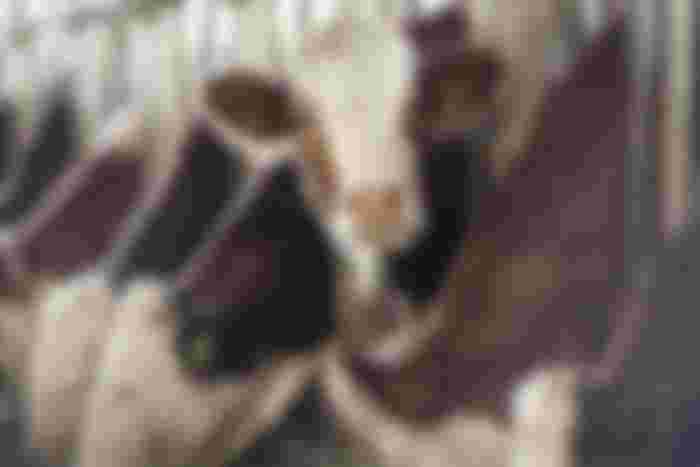
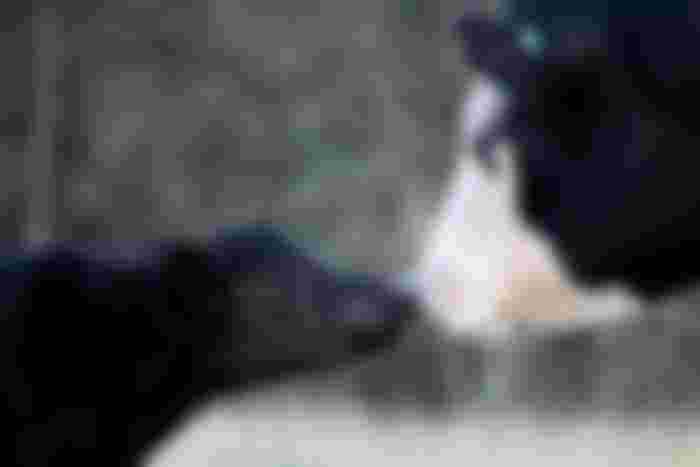

an eye opening article, thank you for your effort to bring into light the cruelty that is hidden in the darkness. even before the beginning of the vegan trend in the last few years and back in the past, some great thinkers like Nikola Tesla and Leonardo Da Vinici thought that we should not exploit animals for our own benefits, plus nowadays days psychology speaks a lot about the psychological complications we get from repressing our emotions and empathy towards animals, we may deny, repress and choose not the think about it but its there deep in our unconscious rotting us in the core of our being and we wonder why we are so cruel to each other....